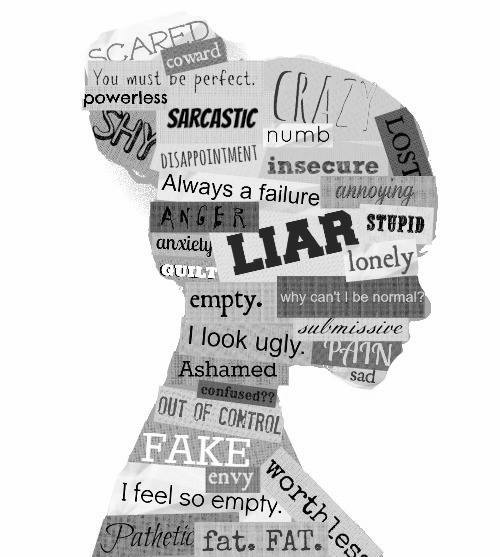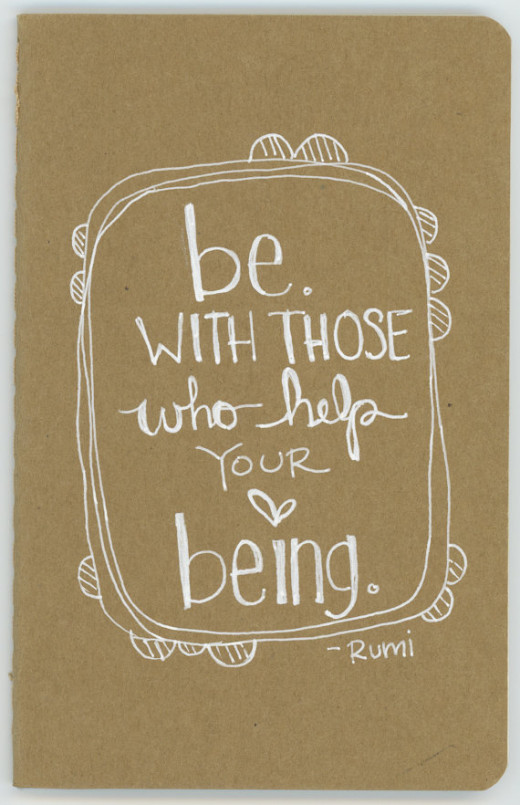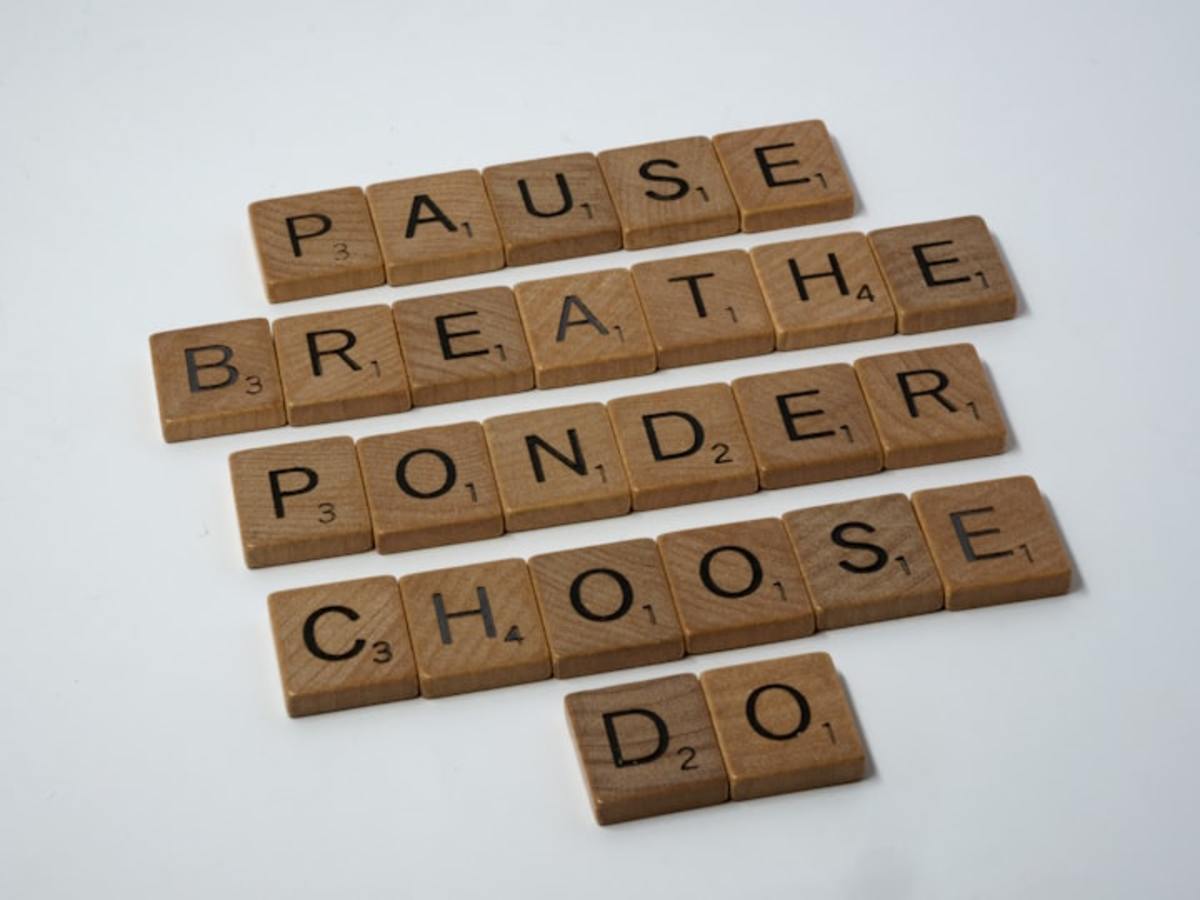- HubPages»
- Health»
- Mental Health»
- Mental Health Self-Help
Mental Illness: How to Effectively Cope with an Emotional Disorder
Emotional Disorders
- Anxiety Disorders
Anxiety is a normal reaction to stress. It helps one deal with a tense situation in the office, study harder for an exam, keep focused on an important speech. - Depression
Depression is a serious medical illness; it is not something that you have made up in your head. - Bipolar Disorder
Bipolar Disorder, also known as manic depressive illness, is a serious medical illness that causes shifts in mood, energy, and ability to function. - Obsessive-Compulsive Disorder, OCD
Obsessive-Compulsive Disorder, OCD, is an anxiety disorder and is characterized by recurrent, unwanted thoughts (obsessions) and/or repetitive behaviors (compulsions). - Borderline Personality Disorder
Borderline personality disorder (BPD) is a serious mental illness characterized by pervasive instability in moods, interpersonal relationships, self-image, and behavior.
Coping with mental illness can feel like a journey that is impossible to conquer, especially when we live in a society that stigmatizes our struggles. We become consumed by questions. What does this mean for my future? What is the best possible treatment? Should I keep it a secret? These are all thoughts that flood the minds of individuals that are forced to cope with psychological disorders.
Although I am not a doctor, nurse, or psychiatrist, I am someone that has lived with having an "invisible" illness since I was 16 years old. I was diagnosed with Manic Depression (Bipolar Disorder I) when I was a junior in high school. Even though it meant that we [my family and myself] finally had an answer to my behavior, it also meant living a life indebted to medication, routine visits with a psychiatrist, and a fear of becoming another statistic.
This majority of this article will consist of information based on my own personal experiences, and I hope that through my own experiences, I am able to help those currently adjusting to a new diagnoses and/or families that are trying to adjust to a psychiatric diagnoses for their spouse, sibling, or child.

Sayings to Remember in Times of Struggle



In your opinion, what type of treatment has worked best for yourself or loved ones?
The Most Important Things to Keep in Mind
Be Compliant with Your Treatment Plan
As difficult it is to hear, one of the most crucial parts of coping with your mental illness is being a compliant patient. This is not an easy task to handle, especially in the very early stages of understanding your disorder. I understand that this may be repetitive advice, I understand the resistance with listening to someone with a degree who tries to make you feel like they know more about how you feel than you do yourself, and I know how hard it is to accept the fact that for some, we have to be on medication for the rest of our lives.
All of that being said, being compliant is not so much about being submissive in your treatment plan and it is not about simply doing what the doctor told you to do; being compliant simply means taking the initiative in getting better and remaining stable. I use to be extremely non-compliant. I used to skip my medication on the good days because they made me believe it was okay to discontinue my pills. What happens? The medication leaves your system, you become unstable, suicidal, and ultimately, it has the potential to become a fatal disaster.
Establish and Maintain a Positive Relationship with your Psychiatrist/Psychologist/Therapist
As much as it feels as though they are against you, the main job of your clinician is to assess the best methods for you to feel like your best self. They chose that field because they want to help, and they want to allow you to amicably coexist with your illness rather than your disorder defining who you are and what you do.
Also, try to find common ground and mutual respect in order to work together. Your clinician is your partner, and you both must work together in order to find the optimal way to treat your specific disorder. With that mutual respect comes trust and honesty. Your clinician cannot read your mind and psycho-pharmacology is not about "one size fitting all." The medications that work for someone else may have the complete opposite effect for you--- even if that individual has the same diagnosis as you do. Therefore, it is important to be upfront and honest about your symptoms and also to provide suggestions on what dosages seem to work for you and don't work.
Become In-tune with Your Disorder
This may be one of the most difficult abilities to achieve, but it is possible once you come to accept your diagnosis.
In order to truly understand how your disorder affects you specifically:
- Try to be aware of distinguishing what situations or settings make you feel uncomfortable, anxious, or overstimulated
- Identify what makes you tick, what makes you feel suicidal, the kinds of people that pressure you into participating in activities that might be counter-intuitive to your well-being.
- If your treatment plan is based upon a pill regimen, be sure to research your medications and find out what symptoms they are supposed to treat. Then, assess those symptoms while taking your medication and see how you are feeling. Do you need to titrate to a higher dose or lower it? Would it be best to try a different yet similar medication? These are all things that are important to understand.
Take a Breather
It is important to find time to do the things you once loved. It is important to do activities that bring you joy, that make you feel productive, and most importantly, those that establish the reality that you have a purpose.
Surround Yourself with Others
It is important to have the necessary support required to get back on your feet. Surround yourself with people that you trust. The power of friendship and family has been so vital to my own success. Even when you want to withdraw, even if friendships come and go, I've always had those special people to give me the proper boost when I need it. I encourage those that are struggling to do the same.
Remember to:
- Protect
- Understand
- Listen
- Act
- Advocate
Advice for Parents Today
- Given the increase in teen suicide rates over the past two decades, it is important to keep your children both physically AND mentally safe.
- Try to be free of all prior convictions regarding whether or not mental illness: It's a reality for many individuals, and it is currently one of the costliest forms of illness in the U.S. today.
- Encourage your children to be open with you: discuss important issues with them, be open-minded when it comes to who they are as individuals, and understand that making mistakes is all a part of their learning process.
- Be aware of their behaviors: if they're behavior seems abnormal, DO NOT IGNORE IT
- Be an advocate for your child: Do not perpetuate the stigma towards mental illness the way that our society does. Do not hesitate to get your child the help they need---- whatever that may be.








